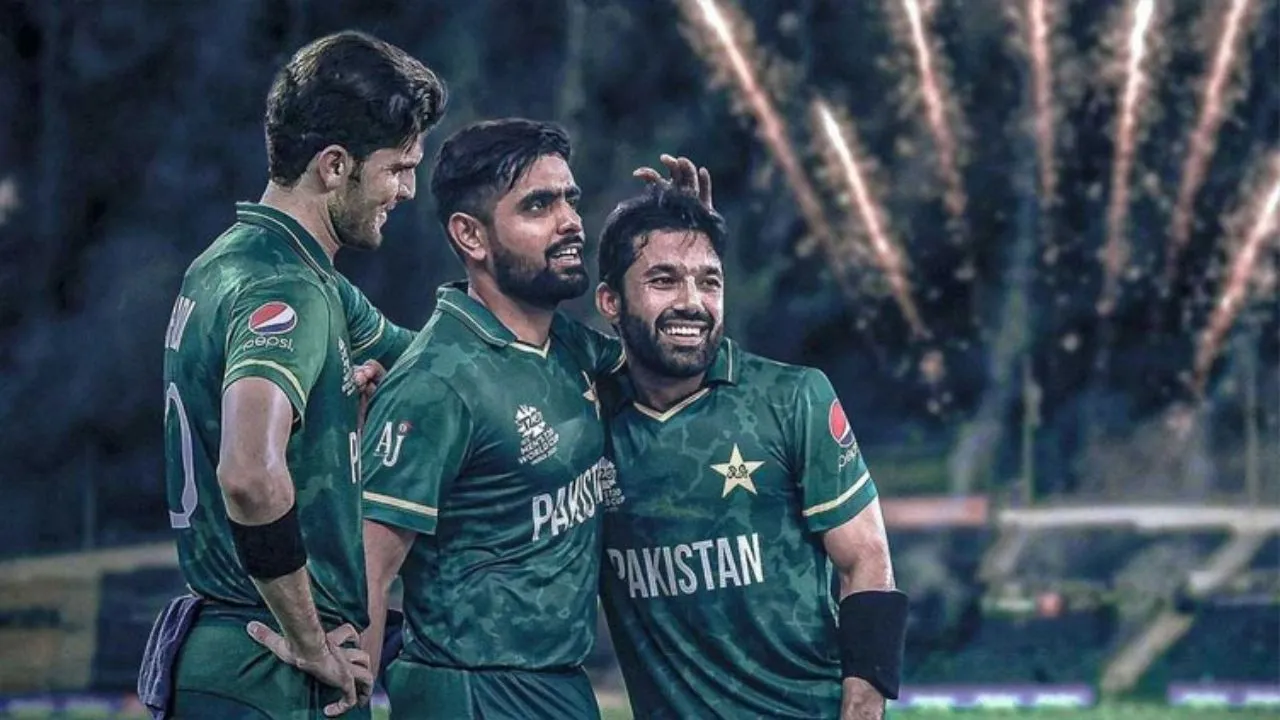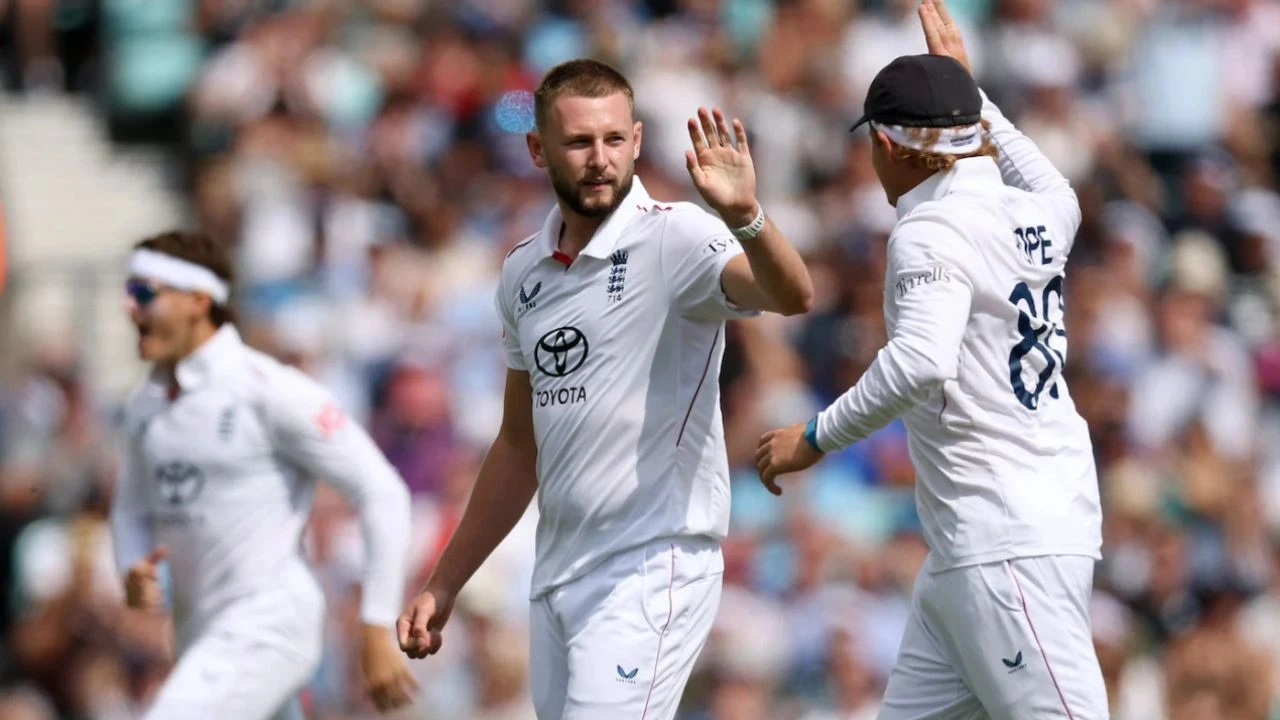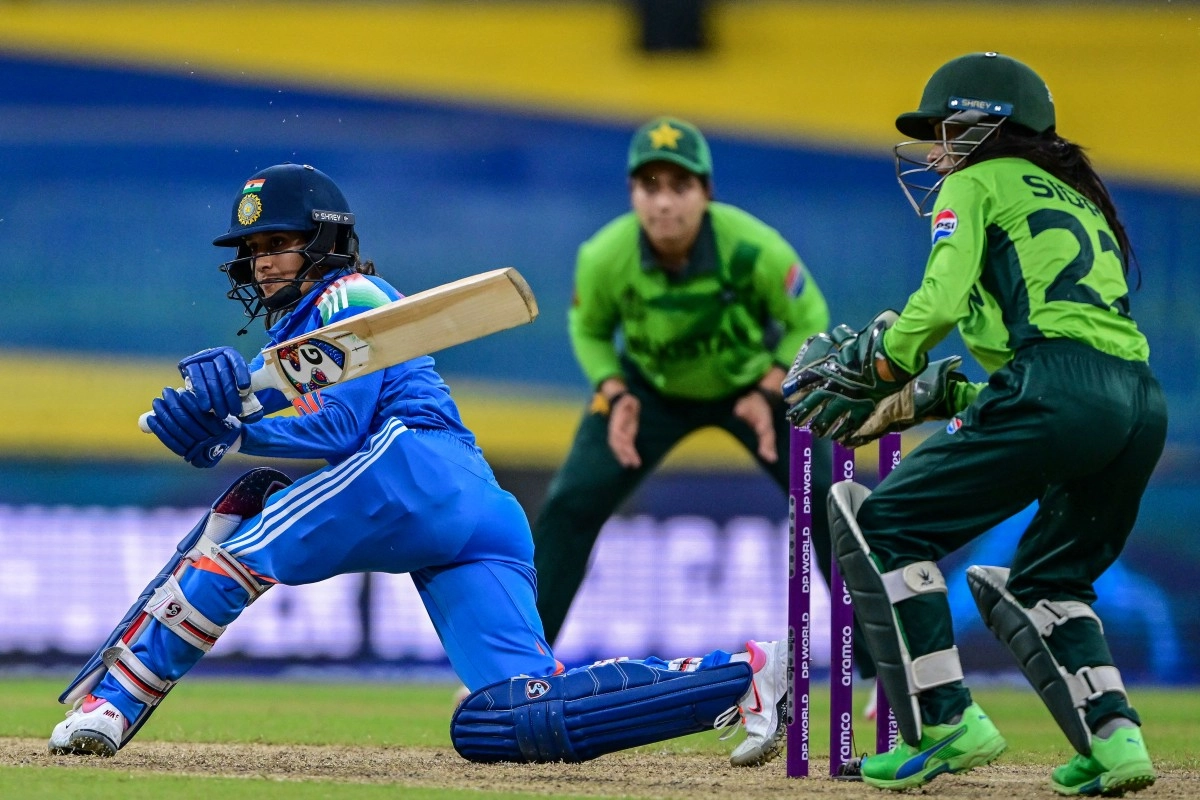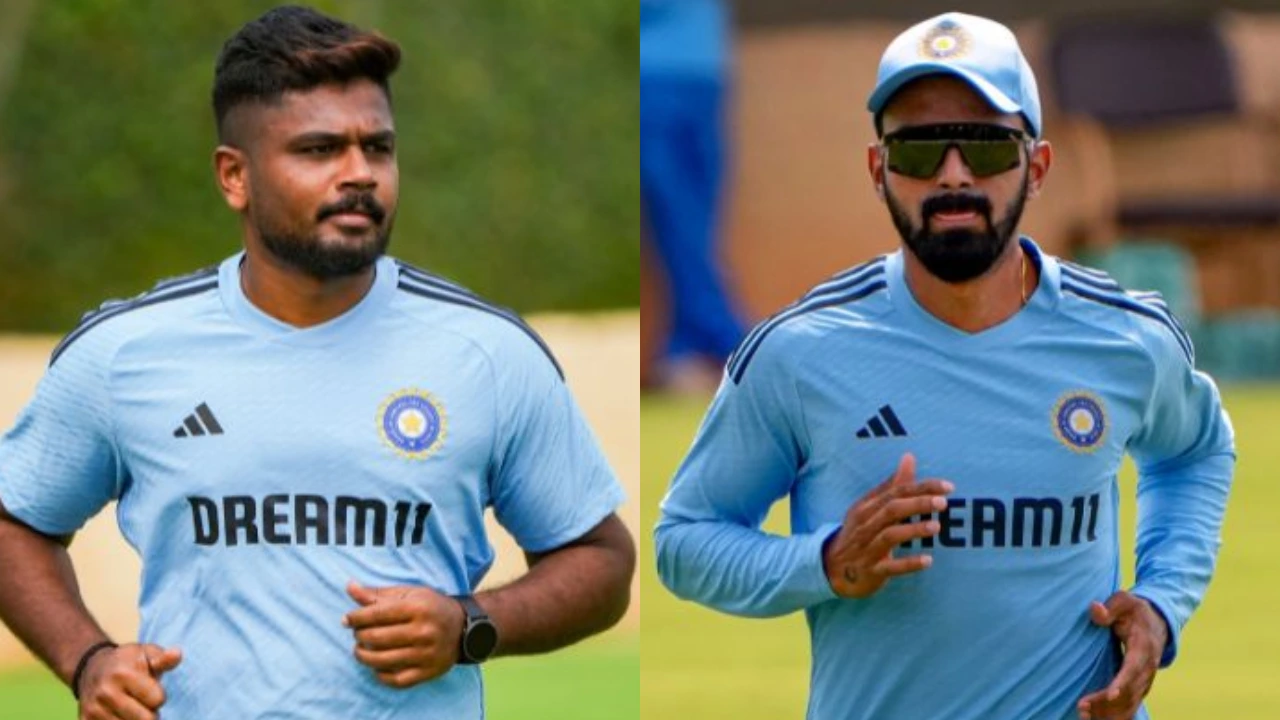Shaheen Afridi, the prominent fast bowler and newly appointed captain of the Pakistan national cricket team, has recently made headlines for his surprising stance regarding his leadership role. In a press conference, Afridi explicitly denied taking any personal responsibility for the team’s performance, despite being at the helm. This statement has raised eyebrows among fans and analysts alike, especially considering the high expectations that come with the captaincy in a cricketing nation like Pakistan, where cricket is more than just a sport; it’s an integral part of the national identity.
Afridi’s assertion reflects a broader trend in sports leadership where players sometimes distance themselves from the outcomes of their team’s performance. While it is common for captains to shoulder the burden of responsibility, especially in challenging times, Afridi’s comments suggest a different approach. He emphasized the importance of collective effort, stating that the success or failure of the team should not rest solely on one individual’s shoulders. This perspective may resonate with many players who feel that cricket is inherently a team game, where every member plays a crucial role in shaping the results.
However, this stance has also sparked a debate among cricket enthusiasts regarding the qualities expected of a captain. Traditionally, captains are viewed as leaders who not only guide their teams strategically but also embody accountability and resilience. Afridi’s reluctance to accept personal responsibility might be seen as a lack of leadership fortitude, leading to questions about his readiness to navigate the pressures of international cricket. Critics argue that a captain’s ability to inspire and motivate the team is paramount, particularly in high-stakes matches where the morale of the squad can significantly impact performance.
Ultimately, Afridi’s comments could be a double-edged sword. While promoting a team-centric approach can foster unity and collaboration, it may also undermine his position as a captain if not balanced with a sense of accountability. As the Pakistan cricket team gears up for crucial matches ahead, all eyes will be on Afridi to see how he balances these dynamics—leading his team effectively while also acknowledging the weight of his role as captain. The cricketing world awaits his next moves, as they could define not just his tenure as captain but also the future trajectory of Pakistan cricket.




